加入 getAbstract 阅读摘要

加入 getAbstract 阅读摘要
Jacob Ward
The Loop
How Technology Is Creating a World Without Choices and How to Fight Back
Hachette Book Group USA, 2022
看看什么内容?
Technology is transforming human behavior.
Recommendation
Sophisticated technologies and deepening knowledge of unconscious human behavior drive people to fundamentally change their behavior without knowing how or why – and often for the profit of technology companies. Unconscious forces drive human behavioral patterns, such as racial bias and addiction. Contemporary technologies can harness those forces for political and economic purposes. Technology feeds humans’ worst predispositions – emotional, political, even aesthetic – back to them in ways they can’t resist. NBC technology correspondent Jacob Ward describes the three “loops” by which technologies compromise how people make decisions and live. Ward’s passionate insights will engage anyone concerned by digital technologies and artificial intelligence (AI) affecting contemporary society – and their own decision-making.
Summary
About the Author
Jacob Ward is a technology correspondent for NBC News, reporting on technology’s social implications.











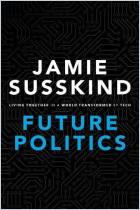
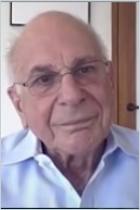
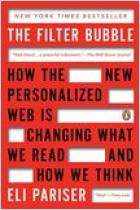


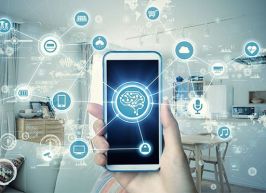

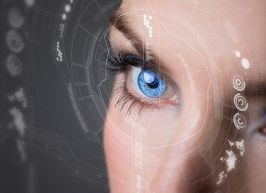
Comment on this summary